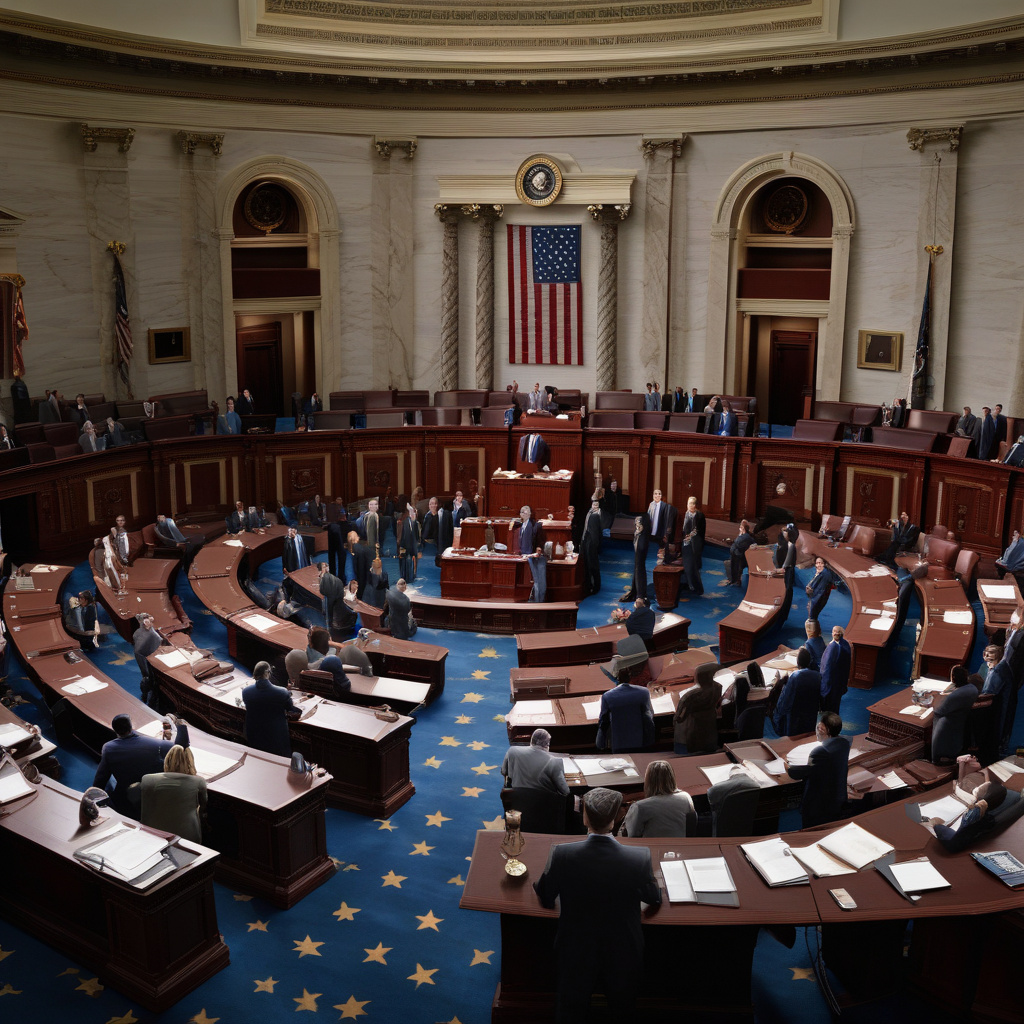US House Passes NTIA Cyber Leadership Bill After Salt Typhoon Hacks
In the wake of the recent Salt Typhoon hacks that targeted critical telecom infrastructure, the United States House of Representatives has taken a significant step towards bolstering the nation’s cybersecurity defenses. The House has passed a bill that seeks to formalize the National Telecommunications and Information Administration’s (NTIA) role as a key authority in cybersecurity matters. This move comes in response to the growing threat of cyberattacks on vital sectors of the economy and infrastructure, highlighting the urgent need for a more coordinated and proactive approach to cybersecurity.
The Salt Typhoon hacks, which exploited vulnerabilities in telecommunications networks, served as a wake-up call for policymakers and cybersecurity experts. These attacks exposed the potential risks associated with inadequate cybersecurity measures and the potential consequences of leaving critical infrastructure vulnerable to malicious actors. In response to these threats, the US House has recognized the need to strengthen the NTIA’s role in leading and coordinating cybersecurity efforts across government agencies and industry stakeholders.
By formalizing the NTIA’s position as a key cybersecurity authority, the bill passed by the House aims to streamline cybersecurity decision-making processes and enhance information sharing and coordination among relevant entities. Instead of relying on ad-hoc coordination between various agencies, the bill seeks to establish a more structured and proactive approach to cybersecurity governance. This move is crucial in light of the constantly evolving nature of cyber threats and the increasing sophistication of malicious actors.
The NTIA plays a vital role in shaping policies related to the internet, telecommunications, and information technology. By empowering the NTIA to take the lead on cybersecurity matters, the bill acknowledges the agency’s expertise and experience in navigating the complex cybersecurity landscape. This formalization of the NTIA’s role is not only a recognition of its capabilities but also a strategic step towards improving the overall cybersecurity posture of the United States.
Moreover, the passage of this bill sends a strong signal to both domestic and international stakeholders about the US government’s commitment to enhancing cybersecurity resilience. As cyber threats continue to pose significant challenges to national security and economic stability, proactive measures such as empowering the NTIA are essential to mitigating risks and safeguarding critical infrastructure. By establishing clear lines of authority and accountability in cybersecurity governance, the US House’s decision sets a precedent for effective cybersecurity leadership in an increasingly interconnected world.
In conclusion, the US House’s passage of the NTIA cyber leadership bill marks a significant milestone in the nation’s cybersecurity strategy. By formalizing the NTIA’s role as a key cybersecurity authority, the bill reflects a proactive and strategic approach to addressing cyber threats and safeguarding critical infrastructure. As the threat landscape continues to evolve, initiatives like this are crucial in ensuring that the United States stays ahead of emerging cyber risks and maintains a strong cybersecurity posture.
cybersecurity, NTIA, US House, Salt Typhoon, telecom hacks












